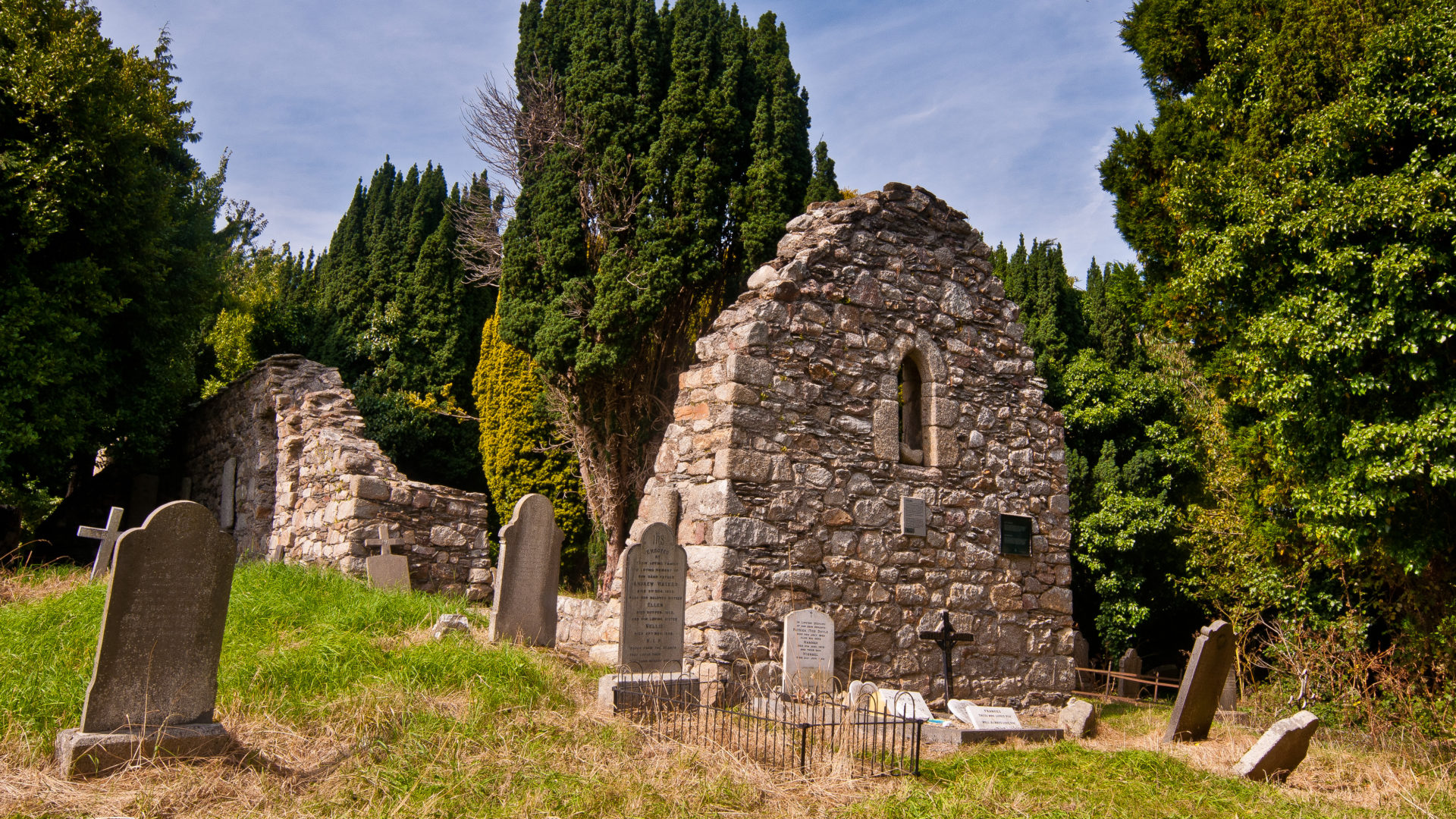
Anger is a Lousy Coping Strategy – Try Love Instead
Anger Made Me Brave
I grew up on the outskirts of Dublin. This meant that I only needed to walk a couple of miles, and I would be in the middle of the countryside. At the weekends, I would visit my aunts and uncles who lived in what was then a rural location (it has all become more built-up in recent years). To get to their house, I would need to pass an old church with a graveyard, and this was a problem because I was terrified of ghosts.
There wasn’t much traffic on the road that passed the graveyard, so as a kid I would feel alone and vulnerable during this part of the journey. If a car came along, I’d feel safe, but long minutes could go by without seeing any traffic. So, what I would do is just run as fast as I could to get well away from the dead people in the ground.
Then one day I was feeling angry about something, and I hardly noticed walking past the old church. I realized right then that anger could work as an anecdote for fear, so from then on I would make myself angry so I could bravely walk past the graves. This then became something that I applied to other things until my habitual response to fear was to get angry.
Later on, I discovered that anger could also ease the pain of rejection, and I could sometimes use it to get my own way – if I was in trouble I decided that the best response was to go on the attack (verbally at least). Eventually anger became my go-to response to pretty much everything, and it didn’t take long for the negative effects to become obvious. By then, anger had become a habit, and it didn’t feel like a choice anymore.
Lessons About Facing Fear from Thai Forest Monks
It turns out that anger is a terrible response to most things in life. Years later, I discovered that the forest monks here in Thailand used a different approach to fear. They would spend long periods wandering through jungles where they would face many dangers such as wild elephants, wild tigers, venomous snakes, and all kinds of other potentially lethal encounters. Like me, many of them were also afraid of ghosts too. Unlike me though, they didn’t use anger as a coping strangely but instead practiced friendliness.
During my years working as a nurse, I got to spend time with patients who were in the process of dying. I saw that in this situation there were some who responded to it with a deep sense of love and friendliness, and these were the ones who appeared to have the easiest deaths. It sounds counterintuitive, but it can be the people who most love life and other people that find it easiest to let go?
Love is a Better Response than Anger
It sounds like such a cliché, but the solution to most problems in life is simply love. Anger can make us feel temporarily stronger, but it is toxic in large doses. When we respond to fear, loss, and rejection with love, we not only escape our suffering, but we also plant seeds that will blossom into something beautiful later on. Love and friendliness becomes a habit that moves our life towards peace rather than disaster.
In this video, I suggest a practice that can help us develop the ability to respond with love rather than anger:
If you are interested in doing some coaching with me, you can find out more about this by clicking here.